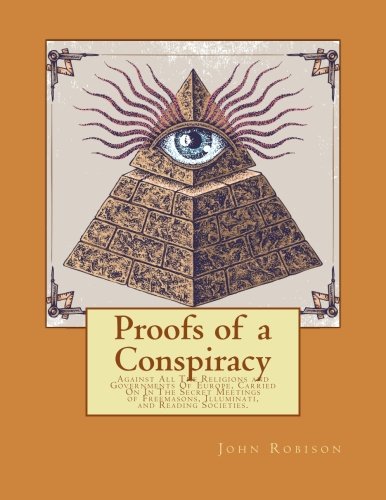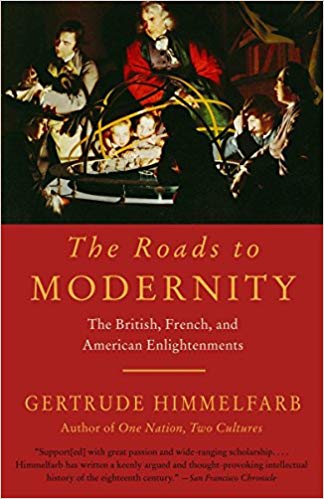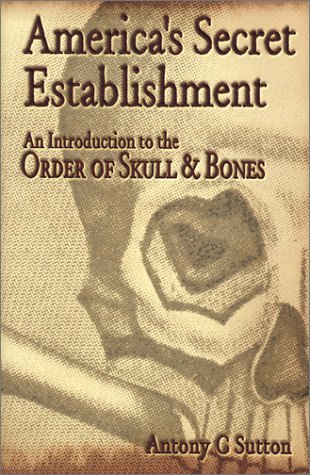
- (Book) The Shape of Things to Come (https://archive.org/details/in.ernet.dli.2015.123423/page/n2)
- (Book) The Shape of Things to Come (http://www.gutenberg.net.au/ebooks03/0301391h.html)
- (Book) The Shape of Things to Come (https://ebooks.adelaide.edu.au/w/wells/hg/w45th/)
- (Audiobook) The Shape of Things to Come (https://www.youtube.com/playlist?list=PLu5tKfQq0iyZIuueQgJBRzpoIXq9BBRNp)
-
- (Movie) The Shape of Things to Come (1978) (https://www.dailymotion.com/video/x2dszoj)
- H. G. Wells and other fabians - a socialist with a rather better mind (https://www.abelard.org/socialism/wells-new-machiavelli-nesbit.php#wells)
- H. G. Wells’s politics (https://www.bl.uk/romantics-and-victorians/articles/h-g-wells-politics)
-
"Wells was a Fabian socialist, eugenicist and anti-Semite. He despised human liberty, sneering, 'Consider the clerks and girls who hurry to their work of a morning across Brooklyn Bridge in New York City, or Hungerford Bridge in London; go and see them, study their faces. They are free, with a freedom Socialism would destroy.'[3] An apologist for Stalinism, he visited the Soviet Union in 1934 and denied the Holodomor.[4] In his advcacy of eugenics, he displayed contempt for human life, writing, 'No doubt Utopia will kill all deformed and monstrous and evilly diseased births.'[5] In a 1932 speech at Oxford University, Wells exhorted his audience, “I am asking for a Liberal Fascisti, for enlightened Nazis.”[6] Elsewhere he wrote, 'A careful study of anti-Semitism, prejudice and accusations might be of great value to many Jews,' he wrote, 'who do not adequately realize the irritation they inflict.'"
H. G. Wells (https://www.conservapedia.com/H._G._Wells) - Rethinking 'the episode of Mr. Wells:' A Study In The Socialism, Politics, And Personalities Of The Fabians And H. G. Wells by Robyn E. Carswell (https://www.eiu.edu/historia/Carswell3.pdf)
-
"As well as a writer and a thinker, H G Wells, born 150 years ago this year, was also a tireless practitioner of 'free love'.
'I have done what I pleased, H G Wells once wrote, "so that every bit of sexual impulse in me has expressed itself. I am a very immoral person. I have preyed on people who loved me."""
The scandalous sex life of H. G. Wells (https://www.telegraph.co.uk/books/what-to-read/the-scandalous-sex-life-of-hg-wells/) -
"Herbert George Wells publicou a primeira versão popular do plano, sob o título altamente sugestivo The Open Conspiracy. Alguns historiadores fazem o projeto remontar a finais do século XIX e apontam sua presença já entre as causas da I Guerra Mundial, mas nós não precisamos ir tão longe. Os melhores estudos sobre a vida e obra de Wells (W. Warren Wagar, H. G. Wells and the World State, Yale University Press, 1961; Michael Foot, The History of Mr. Wells, Washington DC, Counterpoint, 1995) não deixam dúvidas quanto ao papel desempenhado pelo autor de A Guerra dos Mundos na transformação de uma idéia geral num projeto político viável. Tal como Wells, Toynbee não foi apenas um intelectual, mas um ativista, colaborador íntimo do governo britânico e dos círculos globalistas. Sua obra monumental A Study of History (1939-1961) fornece a visão unificada do desenvolvimento histórico mundial, indispensável à preparação do terreno para o advento do governo mundial."
Travessia perigosa (http://old.olavodecarvalho.org/semana/080512dc.html) -
"The IMF and the New World Order are chapters in the history of an overwhelming centralization that sacrifices all in the altar of bureaucratic control and planned economy, idols a thousand times denounced, whose mystical powers the socialist propaganda promises will heal all maladies. Of the first, its own inventor, Lord Keynes, said it was “essentially a socialist conception”. As to the second, it was from beginning to end the creation of the famous Londoner “think tank” of gradualist socialism that, after passing through several denominations, ended up becoming notorious as the Fabian Society. It was one of its most illustrious members, the writer H. G. Wells, who delineated, in 1928, the entire program of the New World Order and published it in his book “Open Conspiracy”.
“Open” is poetic license. So is “conspiracy”."
The right hand of the left (http://old.olavodecarvalho.org/traducoes/theright.htm) -
"A atmosfera em que vivemos foi, de fato, determinada pelas concepções de Lenin e Ford, Margareth Mead e H. G. Wells, Malinowski e Pavlov. As referências, sutis ou abertas, a estes e a muitos outros “maîtres à penser” da década de 20 abundam nas páginas deste livro, que portanto pode ser lido menos como uma utopia no sentido goetheano do que como um diagnóstico da unidade de sentido por trás de tendências de pensamento que se ignoravam umas às outras no instante mesmo em que, às cegas, concorriam para erguer as paredes de um mesmo edifício: o edifício da Nova Ordem Mundial.
O Sr. Wells, um autor menor que acabou por ser quase esquecido, é mencionado de passagem neste livro como um dos principais construtores da Nova Ordem. Passados oitenta anos, poucos observadores da realidade de hoje se dão conta de quanto ele contribuiu para formá-la, coisa que no entanto já estava óbvia para Aldous Huxley em 1931. O Sr. Wells, no livro “A Revolução Invisível” (1928), foi o primeiro a apresentar o projeto integral de uma Nova Ordem, que parece ter inspirado de algum modo os Srs. Clinton e Blair."
Dois estudos sobre Aldous Huxley (http://old.olavodecarvalho.org/textos/huxley.htm)




